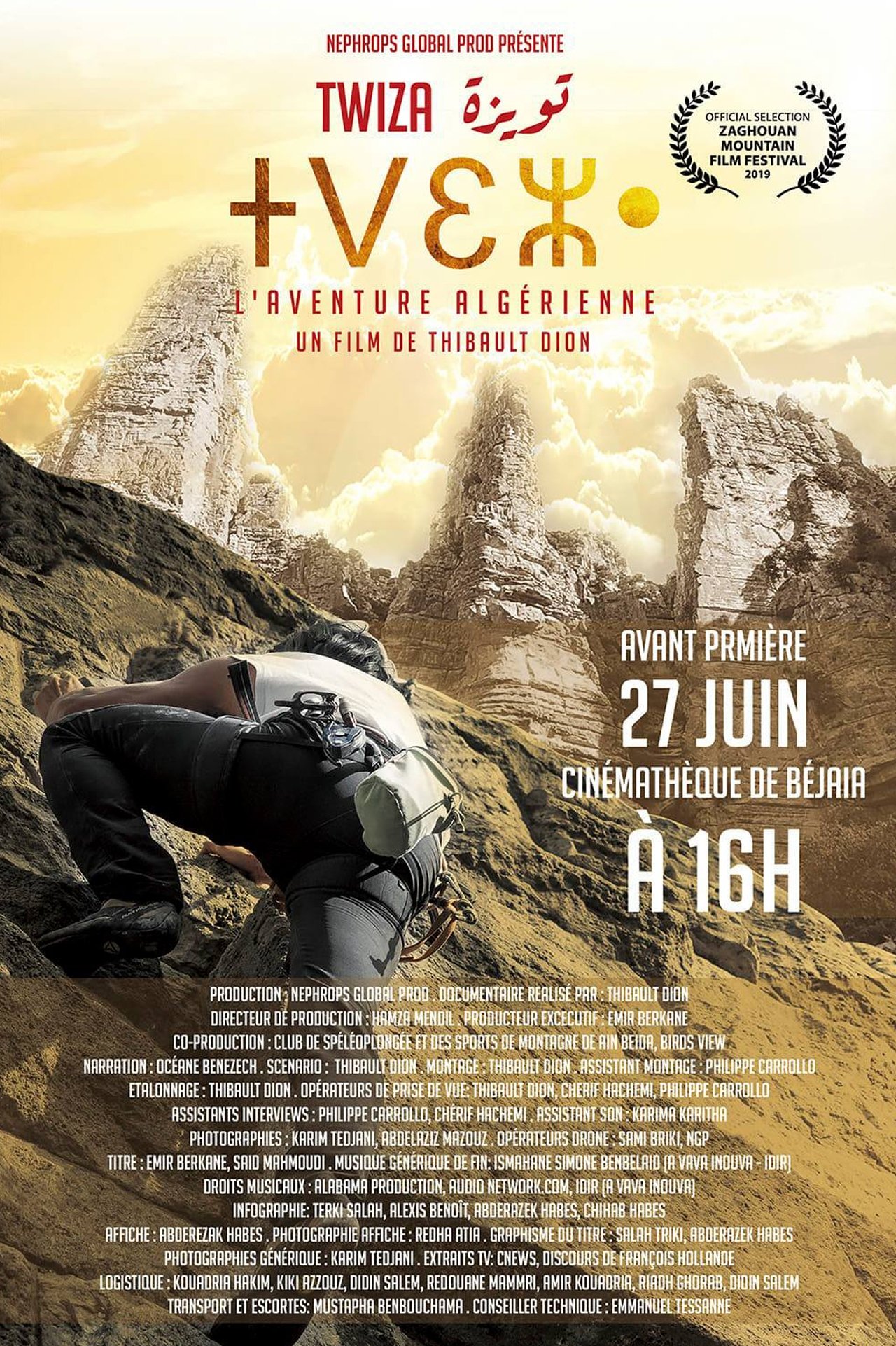
Browse all content tagged with this keyword.
Showing 103 results

This documentary by director Claire Billet and historian Christophe Lafaye...
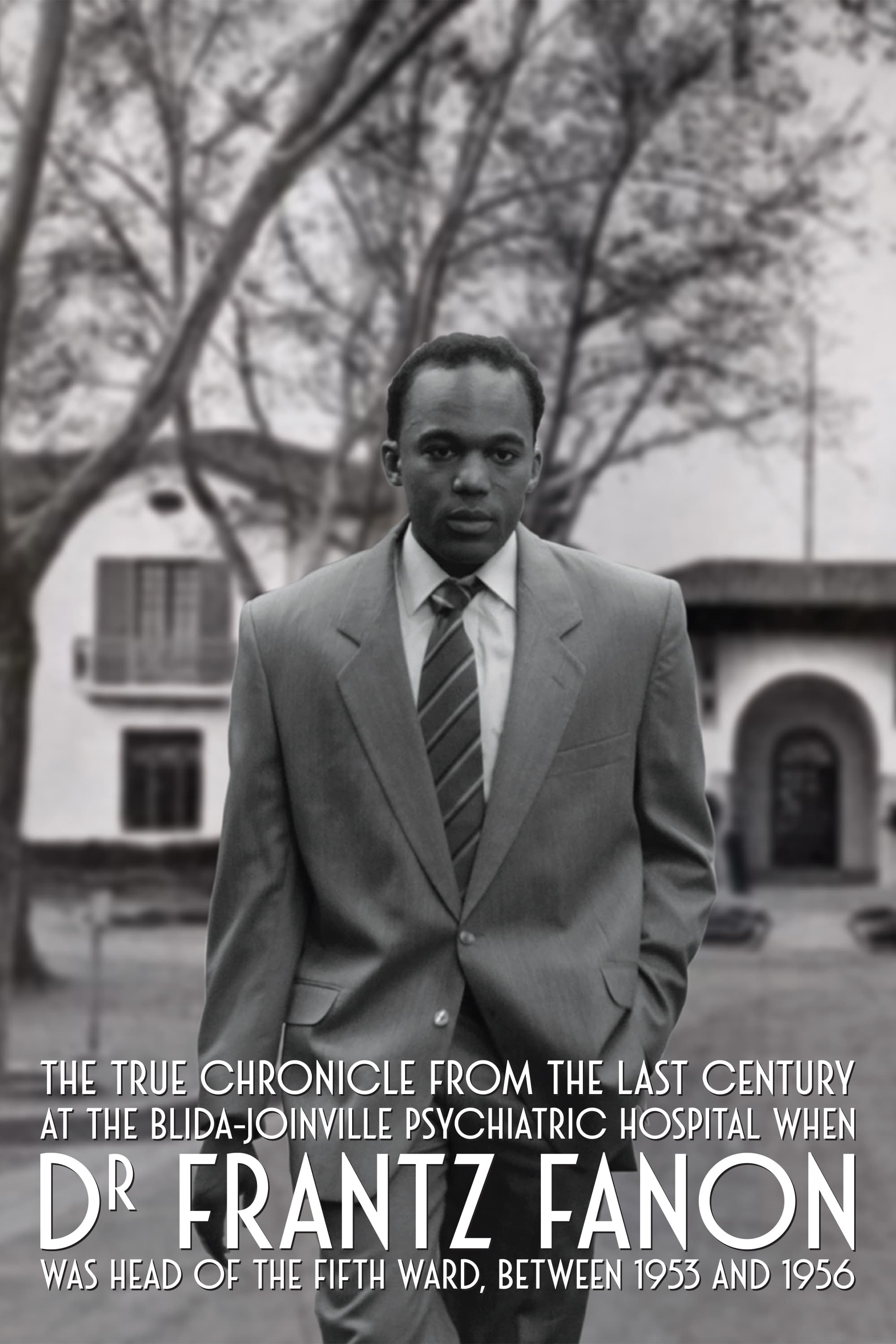
1953, colonized Algeria. Fanon, a young black psychiatrist is appointed...

Pierre Clément, student and photographer of René Vauthier, first accompanied...
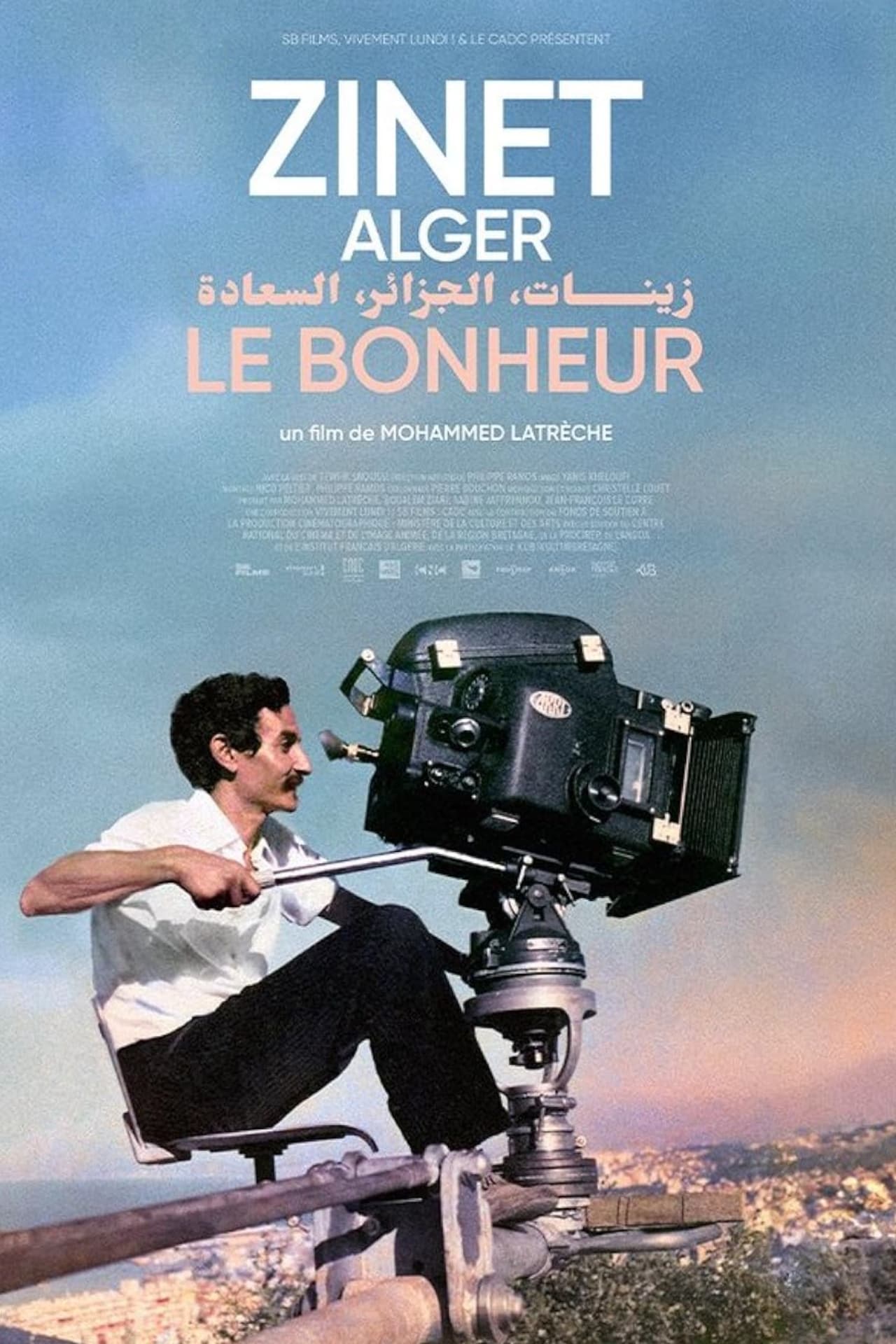
Who remembers Mohamed Zinet? In the eyes of French spectators...
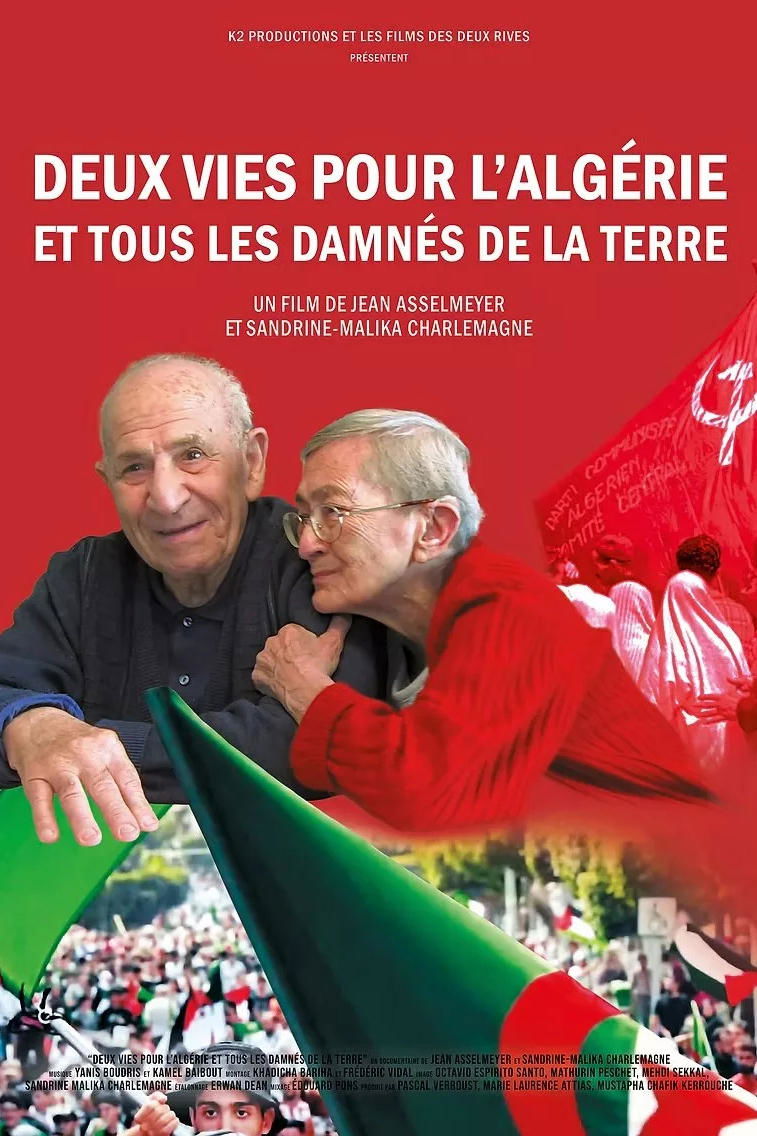
In 1994, at over seventy years old, Gilberte and William...

In 2024, Abdelkrim Baba Aissa, aged 75, engages in a...
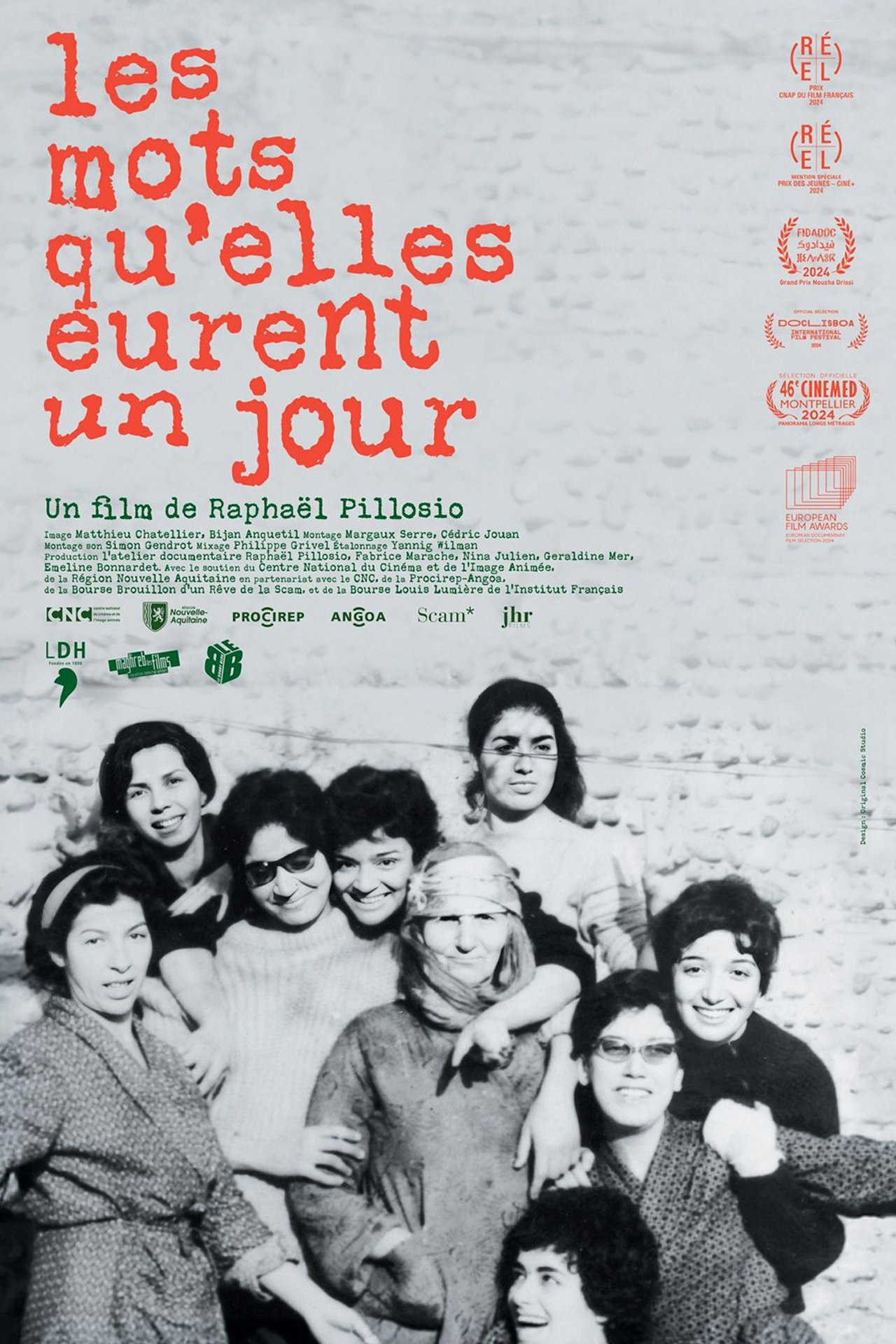
1962, at the end of the Algerian War, Algerian independence...
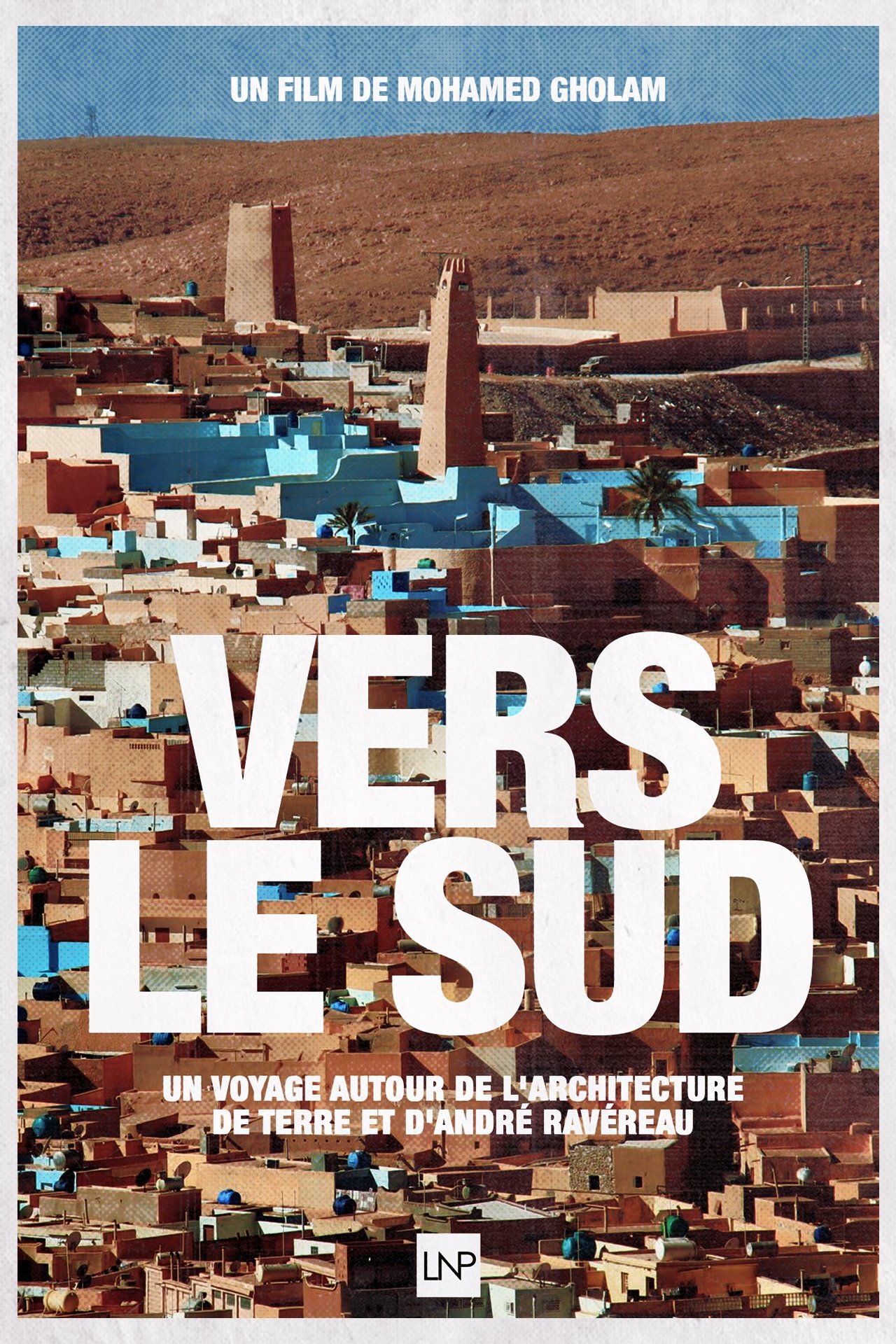
Across two countries, France and Algeria, and five cities, Mohamed...
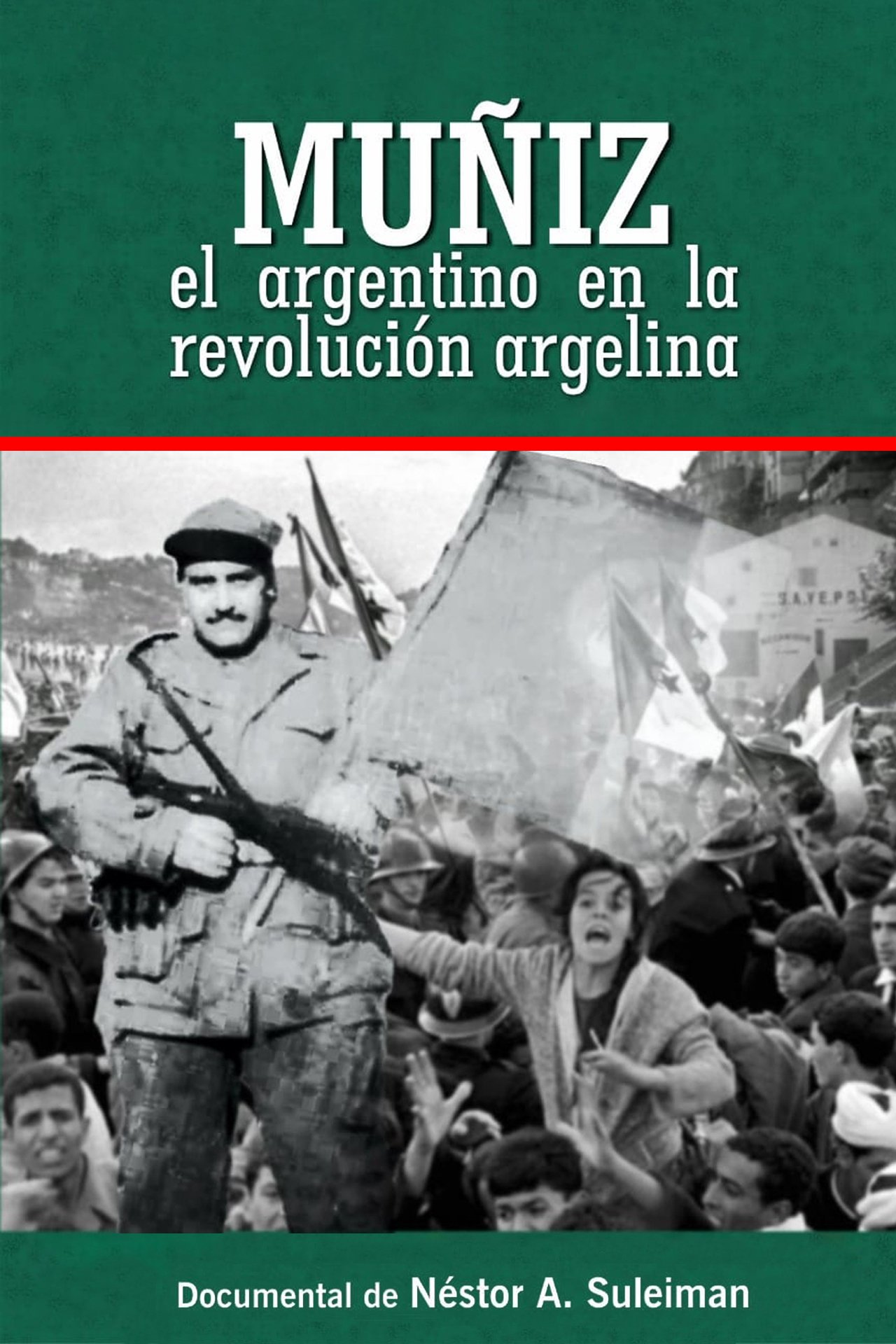
Roberto Muniz, nicknamed "Mahmoud the Argentinian," was a revolutionary fighter...
